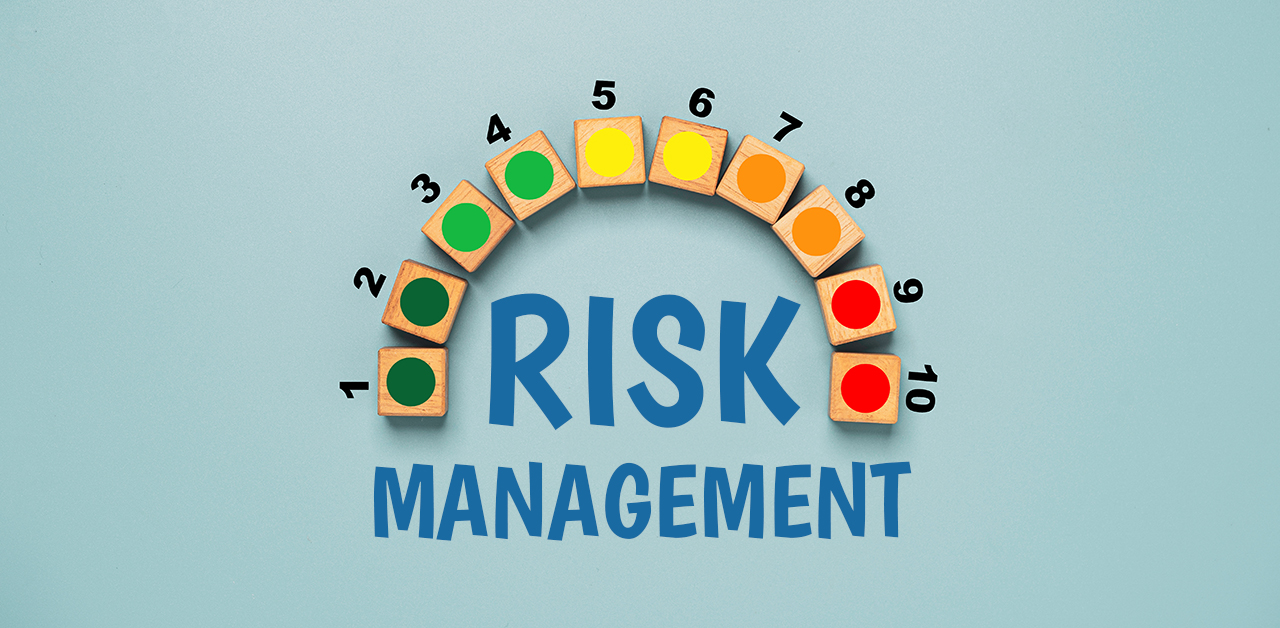Tablets are growing in demand and popularity. More and more people are employing them as their primary computing devices. Throughout the 20th century, science fiction writers depicted tablets. In the 21st century that vision became reality. Apple paved the way for mass market tablets with its iPad, the first of its kind to be released. Consumers can now access a large variety of tablet makes and models, although the iPad remains a best-seller. With so many tablets being manufactured and sold, it’s important for consumers to consider recycling old tablets. Tablet recycling has several benefits beyond environmental sustainability, particularly for the iPad.
Early Tablet Recycling Keeps the Tablet Running Up-to-Speed
Apple is notorious for its frequent software updates. It’s not uncommon for a manufacturer to release updates and upgrades at fairly regular intervals. Older generation iPads are prone to run at slower speeds once a new upgrade arrives. The updated software may even require the newest generation of hardware to run in the first place. Considering these factors, it’s better to recycle a tablet before it reaches the end of its life since upgrades often come out before a tablet’s lifespan is up.Tablet Recycling Extends a Pre-Owned Tablet’s Life and Ensures Value Return
When recycling a tablet before obsolescence, the recycler can refurbish the device for resale. As such, more recent generations are worth far more than older generations—this is particularly true with iPads. When it comes to tablet recycling, the best bet for value return is to recycle as new generations appear on the market. This ensures consistent performance for active tablets and more money for castoffs.Recycling Tablets to Match Up with Generational Releases Ensures App Functionality
Another factor in not putting off recycling a tablet is the performance of mainstream apps in conjunction with software updates. Some apps’ latest versions will not work on out-of-date software, and those software updates require the tablet’s hardware to be up-to-date as well. Again, waiting until the tablet bites the dust completely to recycle it means sacrificing a return on what the tablet originally cost and paying full price on a newer model.This strategy for tablet recycling is highly useful for businesses that have fleets of tablets. Tablet recycling in a timely manner saves money and promotes sustainability.

